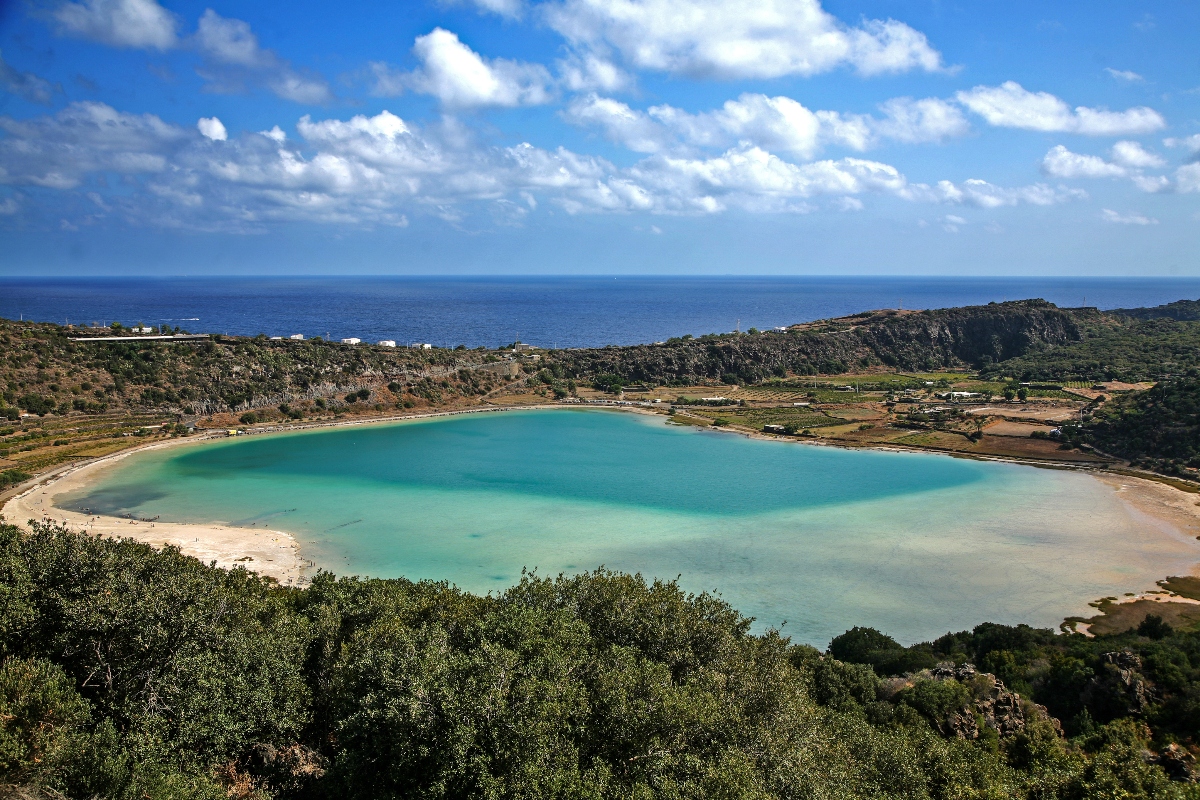Fifteen-year-old Maya Guzdar spent four weeks in China this summer as part of The Experiment in International Living, which offers high school summer abroad programs for students who want to experience meaningful cultural immersion in another country. This is the second post in her series about the experience … thanks to Maya for this fascinating insight on how her summer abroad shattered her misconceptions about her host nation!
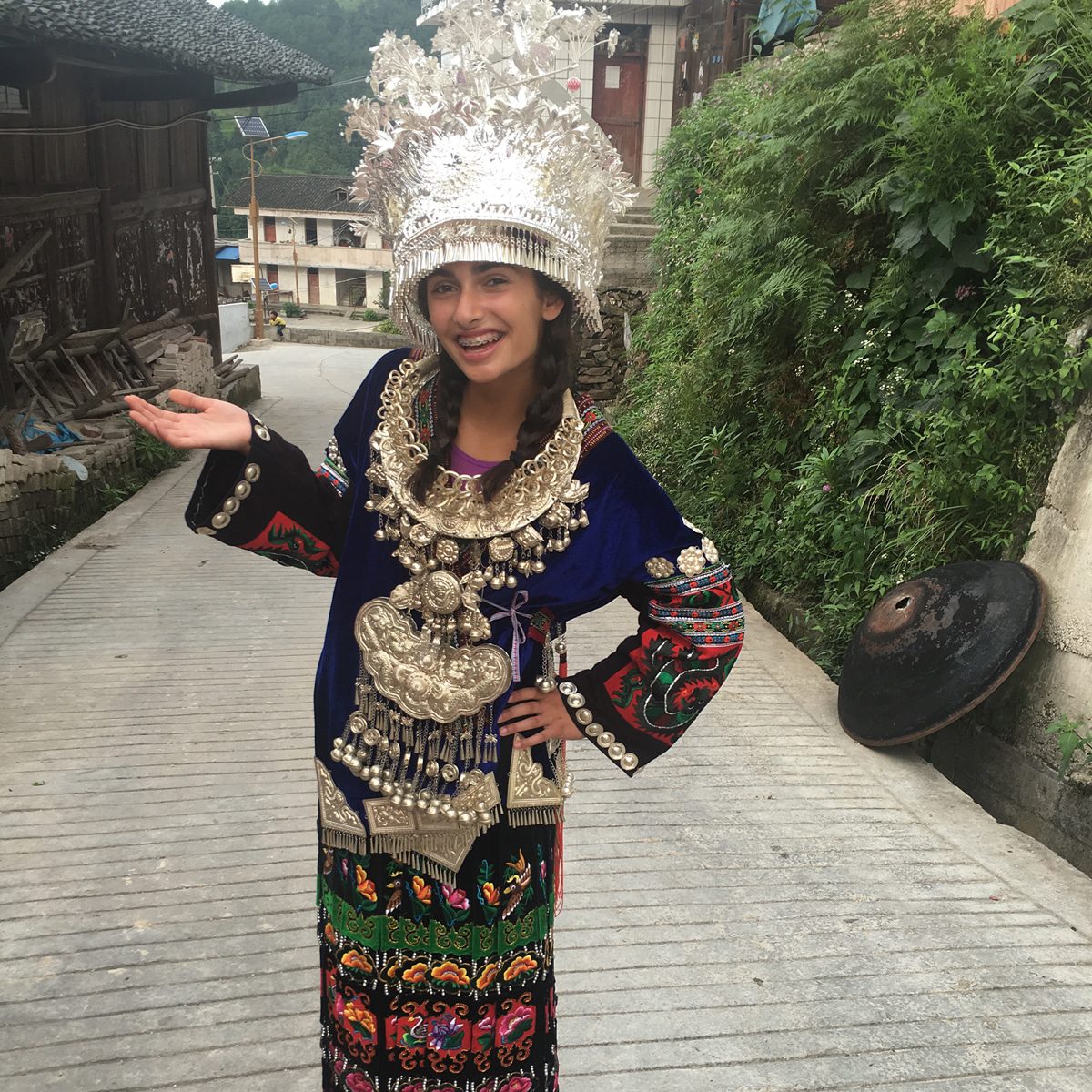
High School Summer Abroad with Experiment in International Living
When visiting a new country, a traveler always carries along more than just their luggage. Along with our suitcases and checked bags, we travelers are all guilty of bringing expectations, preconceptions and bias to our new destination. This summer, when traveling to China with The Experiment in International Living, I was forced to reexamine the prior beliefs I’d held about the country. Thanks to The Experiment, the trip completely changed the way I view China, the world, and myself.
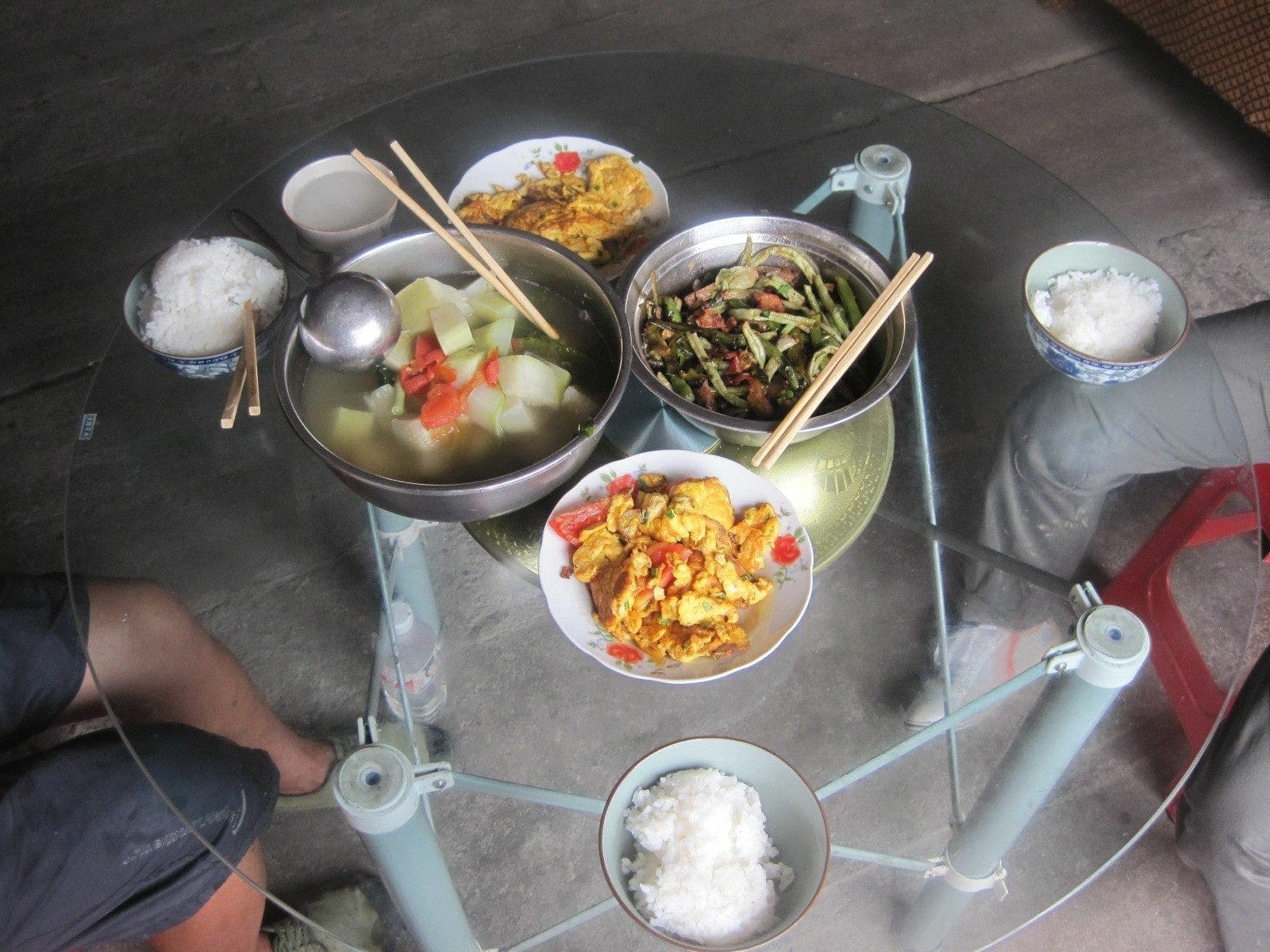
Chinese Food
One of the biggest misconceptions I carried with me to China was about the food. Before China, people loved to tell me their opinion about the food there. Whether they’d been to China or not, they told stories of chicken feet, roasted dog, dirty street food and more.
During our first week in China, The Experiment eased us into Chinese cuisine. We dined on hotel breakfasts of pork buns and yogurt and enjoyed restaurants serving traditional rice dishes. Despite loving this introduction to Chinese cuisine, in the beginning of our second week in China when I approached my weeklong urban homestay in the southern city of Guiyang, I had some apprehension around what it would be like to eat meals cooked in a home.
Why choose The Experiment in International Living for a high school summer abroad
Get more insight into this incredible travel experience for teens >
On my first night of homestay, my host grandmother, Waipo, prepared a feast. Similar to a Chinese restaurant, we each had our own bowl of rice and picked from various assorted dishes arranged around the table. But the dishes were very different and very new to me. My family had their own vegetable garden, so their specialty dish was a savory soup made with meatballs and shoots of juicy green grass they’d grown themselves. Guiyang is also known for its signature super-spicy sauce called “la jiao shui” (literally, “pepper water”), which the family used to spice up every meal (even breakfast!). To their surprise, I — the American — loved the sauce and was able to tolerate its heat. All of the food was incredibly fresh and explosive in flavor. It completely changed what I’d thought about Chinese cuisine.
In addition to the incredible taste, the biggest thing that my time in homestay taught me is the significance food carries in my host family’s culture. My Waipo’s whole day revolved around cooking. She was up at 5:30 every morning preparing steaming bowls of noodles for breakfast; then she cleaned the whole kitchen, headed out to the market for ingredients, and started again for lunch and, afterward, dinner. Not only that, but each and every meal I ate was an event. Meals represent a time for family and friends to come together and gather around the table to chat, serve each other and talk about food. My family’s pride in their food was apparent as they explained to me the ingredients of each dish.
My month in China allowed me to realize the weight food brings to the Chinese culture — and to my stomach.
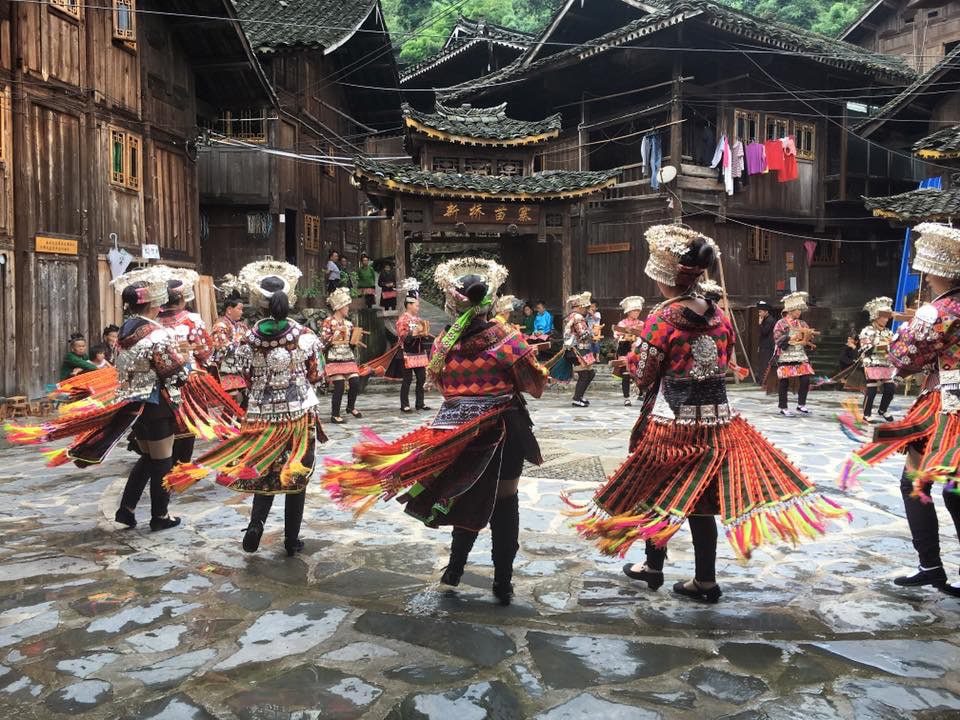
Cultural Diversity Within a Country
Before living in China this summer, I naively believed that the same Chinese culture applies to all of the Chinese people. The Experiment in International Living taught me otherwise.
My program had a focus on ethnic minorities in China: I first did a homestay in an urban city, Guiyang, with a traditional Chinese Han family, and then traveled to the Baibi village, a remote rural village on top of a mountain, to live with the Miao people. The Miao are a small ethnic minority who live in southern China. Although they are technically Chinese, the Miao culture is radically different from that of the typical Chinese.
Upon first entering the village, we were greeted by a group of Miao women dressed in their traditional attire, toting gourds filled with Sprite (no rice wine for teenagers). Some men played music on giant wooden flutes and one villager set off fireworks to ward off evil spirits. We stayed in small cement houses, cooked in woks and used outhouses. Surprisingly, my host sister from Guiyang experienced even more culture shock in Baibi than I did!
My program with The Experiment taught me that China is a giant country filled with hundreds of different cultures and peoples. Throughout my travels and two homestays, I spoke two different dialects, ate many different foods and encountered countless ways of life.
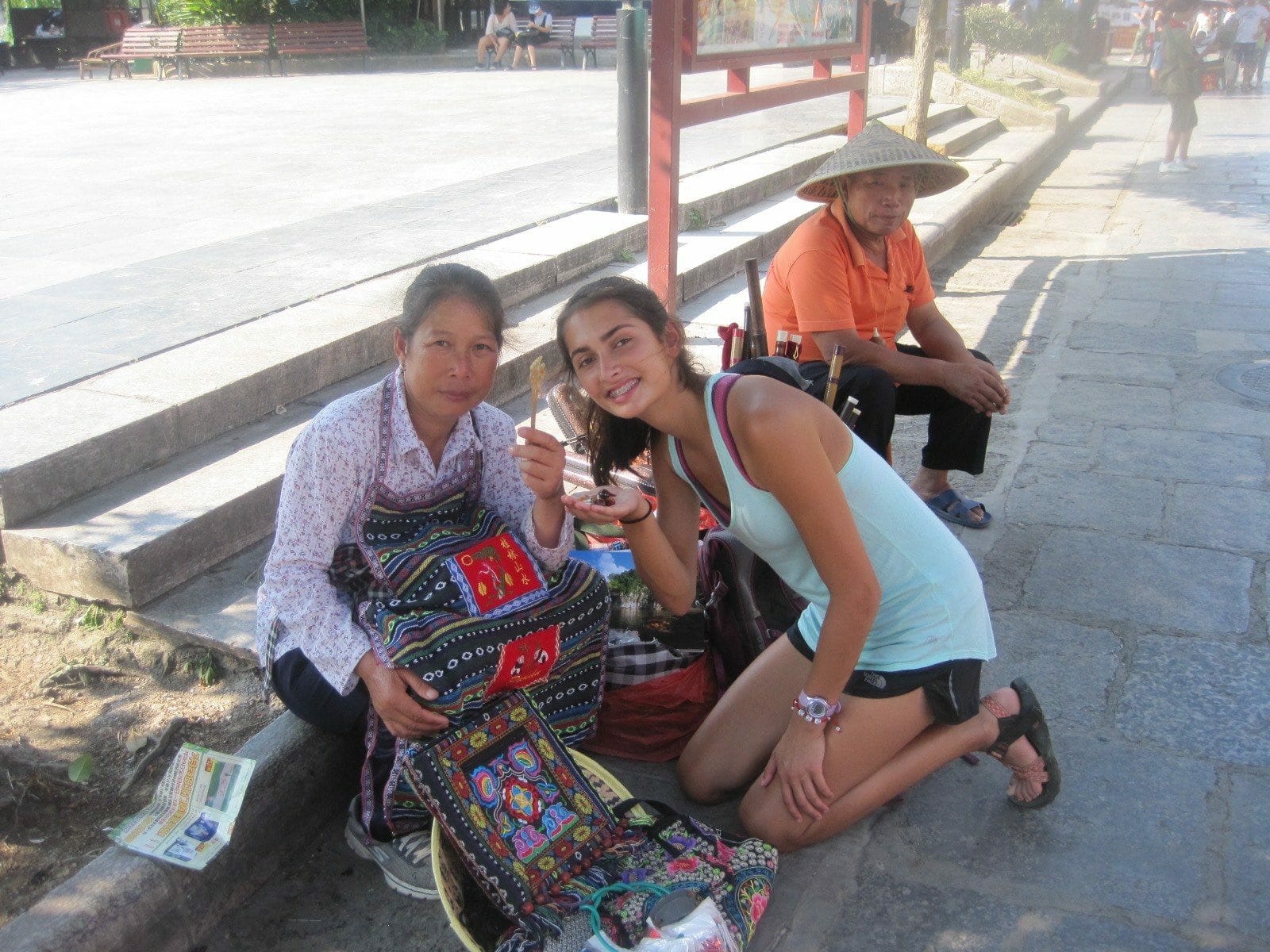
People of China
When I told my friends and family about my summer program with The Experiment in International Living, a recurring question was: “Why China?” Many Americans found it hard to believe that I was choosing to embark on a trip to China instead of a typical trip to Europe or South America. Many people think of China as a corrupted communist country with bad pollution and ignorant, rude people. And although I was all signed up to go, I found myself thinking the same thing. But my stereotypical expectations of the Chinese people were immediately challenged upon arrival.
One bias I’d held was the idea that all of the Chinese people blindly worshiped Mao Ze Dong, whom I regarded as an evil communist dictator. On our first day in China, we visited Tianamen Square, which featured a giant portrait of Mao himself. I asked our program’s tour guide, Xiao Hu, a native Chinese, why Mao’s photo was there. He explained to me that although Mao’s policies decimated the Chinese people, he is still greatly respected.
Raising global citizens through travel
Why visiting new countries and cultures is so important for kids in today’s changing world
I was stunned by Xiao Hu’s answer, but my The Experiment group leaders, who are Americans, provided me with more insight. Mao was responsible for the modernization of China, and also provided stability in a time of lawlessness and war. This new perspective into Chinese culture was something of an “aha” moment for me. For the first time, I was able to see something from another culture’s point of view — and it made sense! Throughout the trip, the experiment continued to help me confront my preconceptions. We compared and contrasted urban life versus rural life and learned that pollution is only prevalent in big cities such as Beijing and Shanghai.
The Experiment also encouraged us to get out and talk to the Chinese people. I had countless conversations with shopkeepers, fellow train passengers, street artists and service workers throughout my month in China, and almost every single person was engaged and excited to be talking with a foreigner. When they discovered that I study Chinese, most were ecstatic, praising my skills and even offering to teach me some phrases and words.
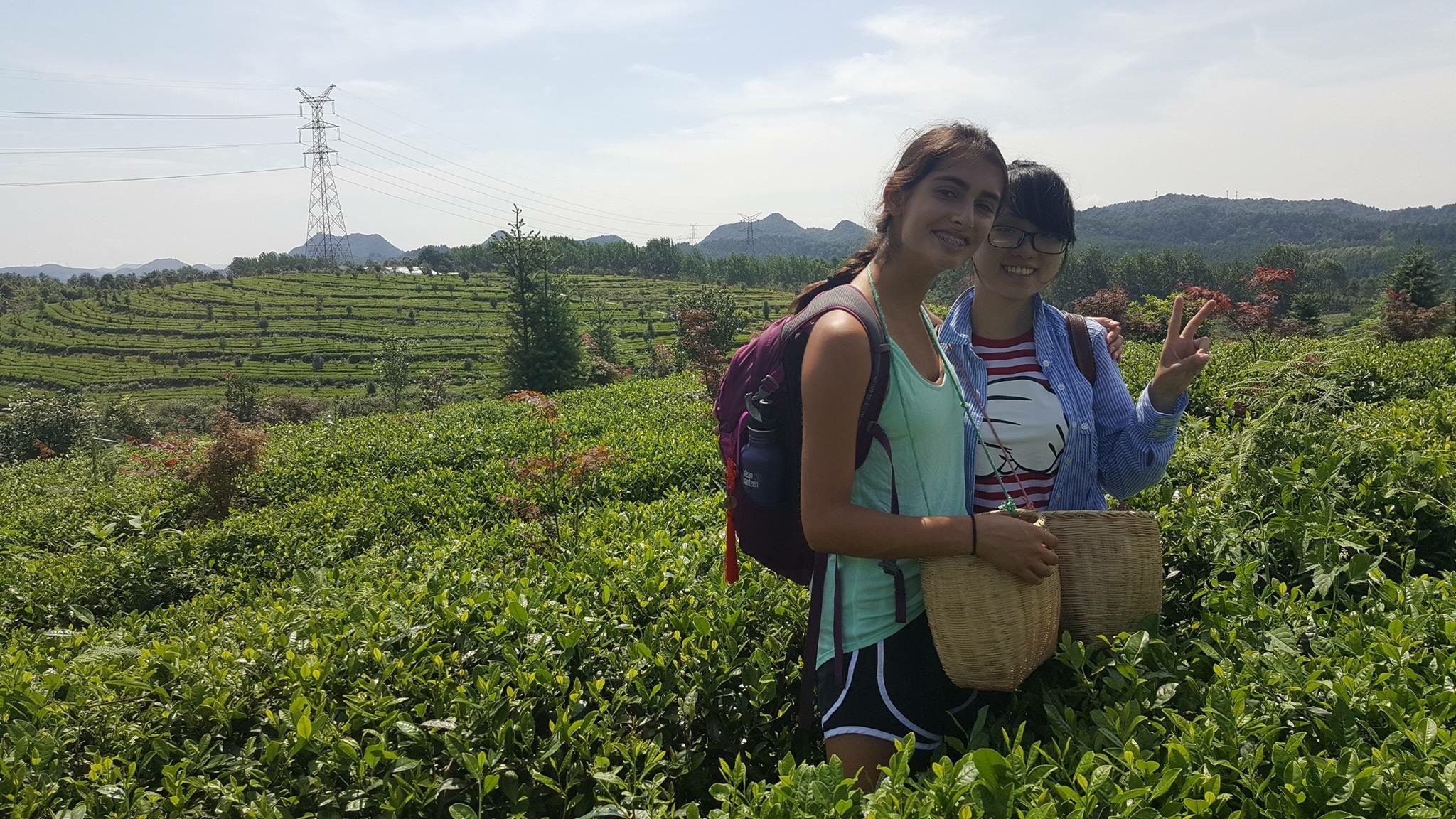
A Life-Changing Summer
My summer in China was priceless. While I managed to expand my Chinese vocabulary and work on my accent, the most important lesson that I learned in China was about expectations. Whether we like it or not, we harbor expectations and preconceptions about everything that is unknown to us. What The Experiment in International Living taught me this summer is how to recognize those expectations and challenge them. Some preconceptions have truth to them, but what’s important is to understand why they exist.
Why do Chinese people spit in the street? Why do the Miao people force their visitors to drink out of communal gourds? These were all questions that my time in China taught me to ask. Although I was on my own for my homestay, our leaders gave us orientations and led us through debriefs to help us to adjust to Chinese culture. They taught me to challenge everything I thought I knew, to question everything I see around myself. This summer, The Experiment taught me that I will always carry preconceptions along with my luggage. What matters is that now I know how to challenge them. In doing so, I’ve not only learned about Chinese culture, but I’ve also been forced to reexamine my own values, traditions and culture at home.
If you are interested in exploring more first-hand high school summer abroad experiences from The Experiment in International Living, follow them on Instagram on @ExperimentAbroad, on Facebook at https://www.facebook.com/experimentabroad, and on Twitter via @EILSummerAbroad. Their hashtag is #ExperimentAbroad.
Relevant Links:
Best tips and ideas for tween and teen travel on Ciao Bambino
More than a teenage summer travel adventure
Five surprising discoveries while traveling in China with kids
Tips for traveling to China with kids
Editor’s Note: Ciao Bambino was compensated to write and publish this article. As always, all thoughts and opinions expressed on Ciao Bambino are our own. Photos by Maya Guzdar.
Let Ciao Bambino! Plan Your Dream Trip with Kids
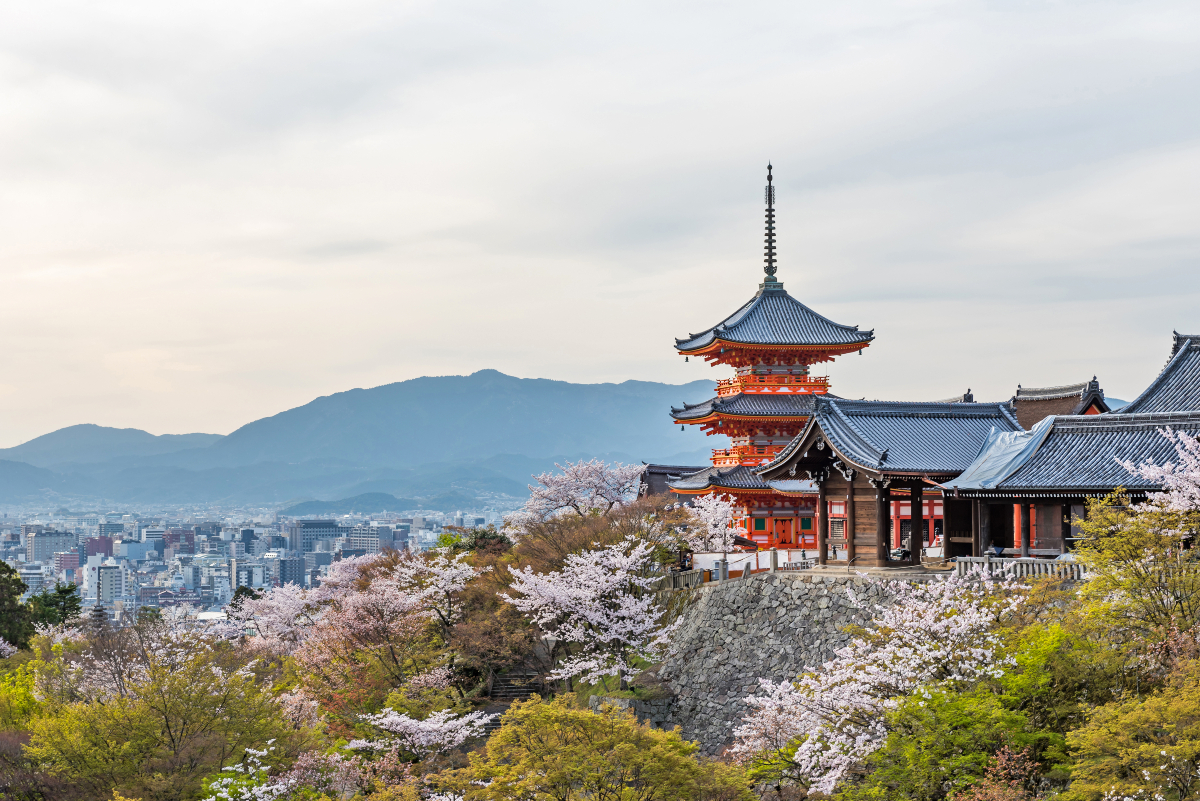
City Breaks
Unforgettable Things to Do in Kyoto with Kids
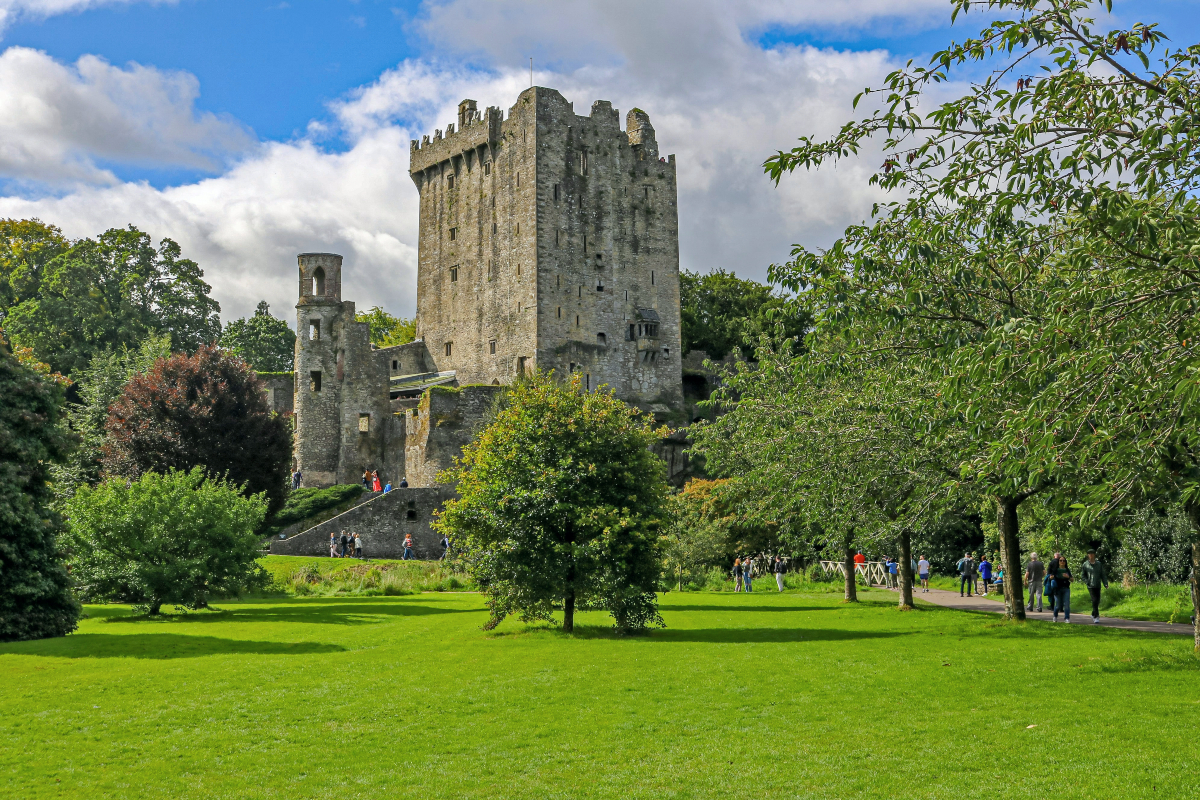
Weekend Getaways
Best Things to Do in Cork, Ireland with Kids
Sign In
Want to save all the great intel and tips you are finding on Ciao Bambino? My Trip Planner allows you to bookmark articles, family-friendly hotel reviews, and family vacation packages. Simply click the heart icon on anything you want to save. Site registration is required to get started. Happy planning!
Create an Account
Please fillout the form below to create your free My Trip Planner account.








